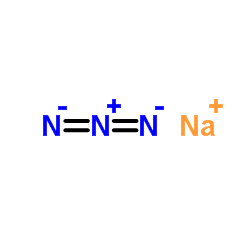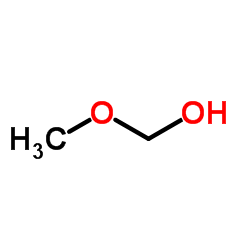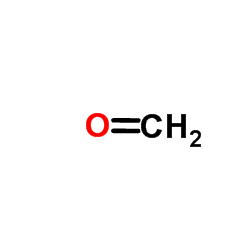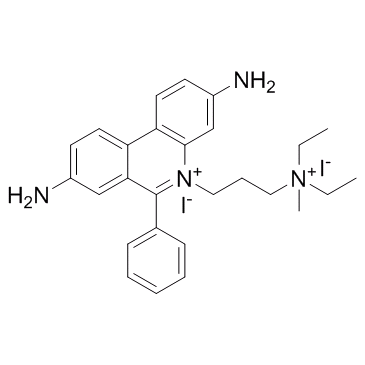| 结构式 | 名称/CAS号 | 全部文献 |
|---|---|---|
 |
叠氮化钠
CAS:26628-22-8 |
|
 |
茶皂素
CAS:8047-15-2 |
|
 |
多聚甲醛
CAS:30525-89-4 |
|
 |
甲醛
CAS:50-00-0 |
|
 |
碘化丙啶
CAS:25535-16-4 |